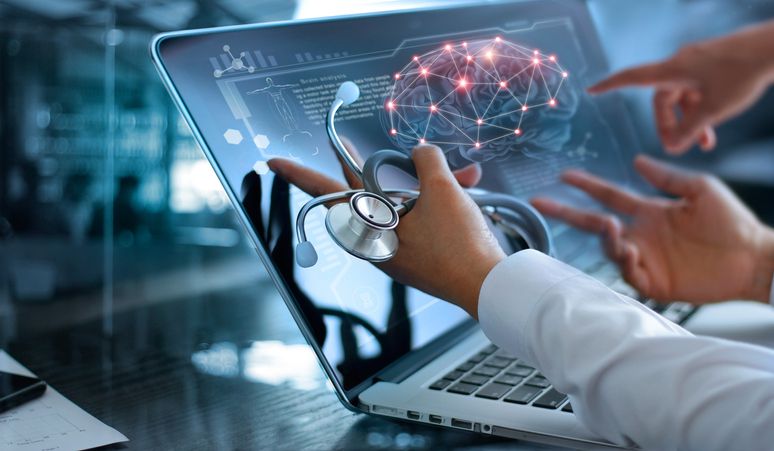
Bill Gates Reveals Top 5 Healthcare Technologies for 2019

After literally changing the world through technology, what does a retired billionaire Microsoft co-founder do for an encore? If his name is Bill Gates, he changes the world yet again. This time, Gates is exploring advanced cutting-edge technology to find healthcare solutions for the world’s most pressing issues. Serving as guest curator for the annual “10 Breakthrough Technologies” list published by MIT Technology Review, Gates revealed his top picks for 2019 – five of which happen to be healthcare technologies.
In introducing the list, Gates explains his choices and expresses optimism for how we can invent the future. “We’re still far from a world where everyone everywhere lives to old age in perfect health, and it’s going to take a lot of innovation to get us there,” he writes. “For now, though, the innovations driving change are a mix of things that extend life and things that make it better. My picks reflect both. Each one gives me a different reason to be optimistic for the future, and I hope they inspire you, too.”
Here are the top five healthcare technologies for 2019, as curated by philanthropist Bill Gates on his quest to change the world through innovative solutions.
1. Customized Cancer Vaccines
Things are getting personal in the world of cancer care and treatment. In a collaboration between German startup BioNTech and the biotech behemoth Genentech, researchers are conducting clinical trials with technology that customizes cancer vaccines for each individual. The approach attacks only cancerous cells rather than healthy ones using mRNA-based therapies, taking into account the patient’s genetic profile and specifics of the personal diagnosis.
2. Predicting and Preventing Premature Birth
Considering the millions of mothers giving birth to premature babies every year, Stanford University bioengineer Stephen Quake decided to do something about it. He has developed a genetic blood test that can identify which women are likely to deliver a premature baby, thereby increasing the likelihood of effective care and prevention. The test works by detecting fluctuations in specific genes related to premature births. Quake states that quick and easy test costs only about $10.
3. Ingestible Gut Probe for Easy Disease Screening
Harvard Medical School professor Guillermo Tearney, MD, PhD, who is also a pathologist at Massachusetts General Hospital, has created a swallowable gut probe that can capture images and screen for diseases such as environmental enteric dysfunction. The condition inhibits the absorption of nutrients, which adversely affects children in developing countries who are susceptible to malnourishment. According to the MIT Technology Review, the device has the potential to replace endoscopes and anesthesia, which can be cost-prohibitive for many people.
4. Wearable ECG Device for Everyday Use
Wearable devices such as the Series 4 Apple Watch are receiving advanced ECG technology that aims to equal heart monitoring done in a traditional physician’s office. The goal is to detect arrhythmia sooner and thereby reduce the potential for a heart attack.
5. Voice-enabled AI Assistants in Health Care
Artificial intelligence systems with voice-enabled technology, such as Alexa from Amazon and Siri by Apple, are being configured for HIPAA-compliant use in clinical patient care. Hospitals and clinics will be able to utilize the devices for things such as post-surgery care, checking blood pressure and increasing efficiency.





